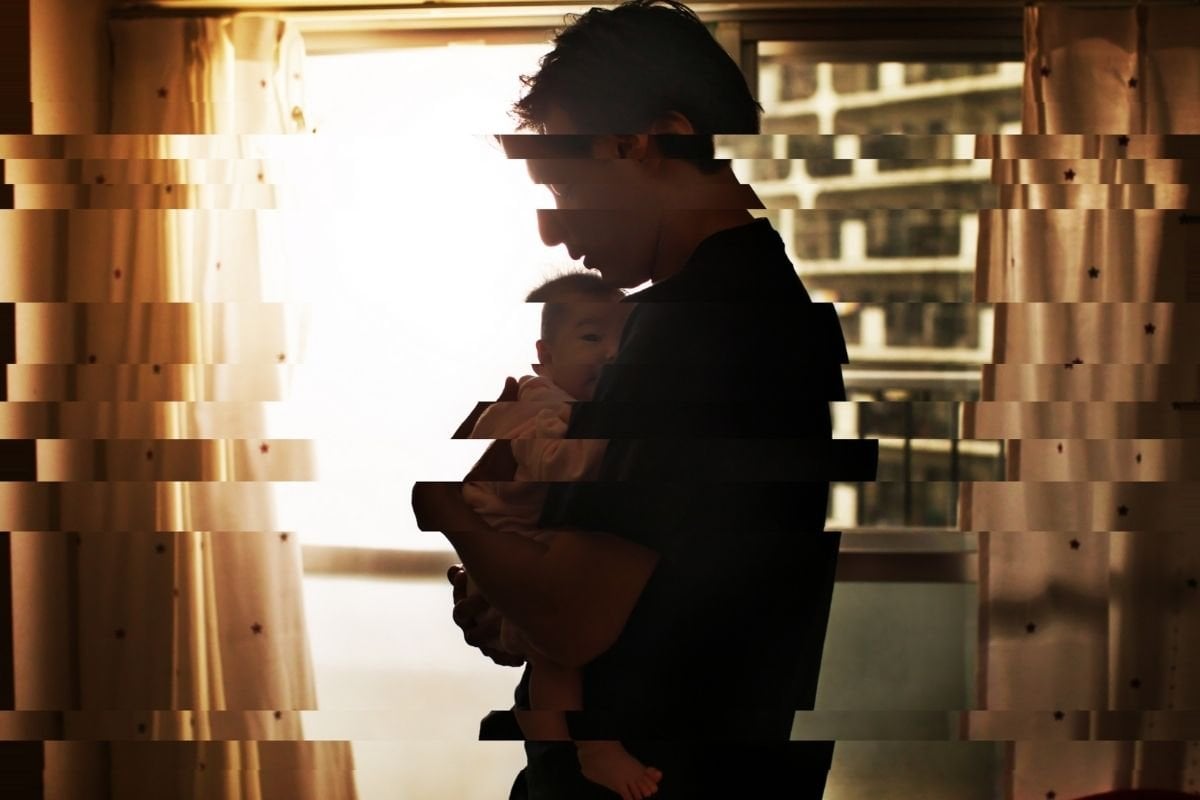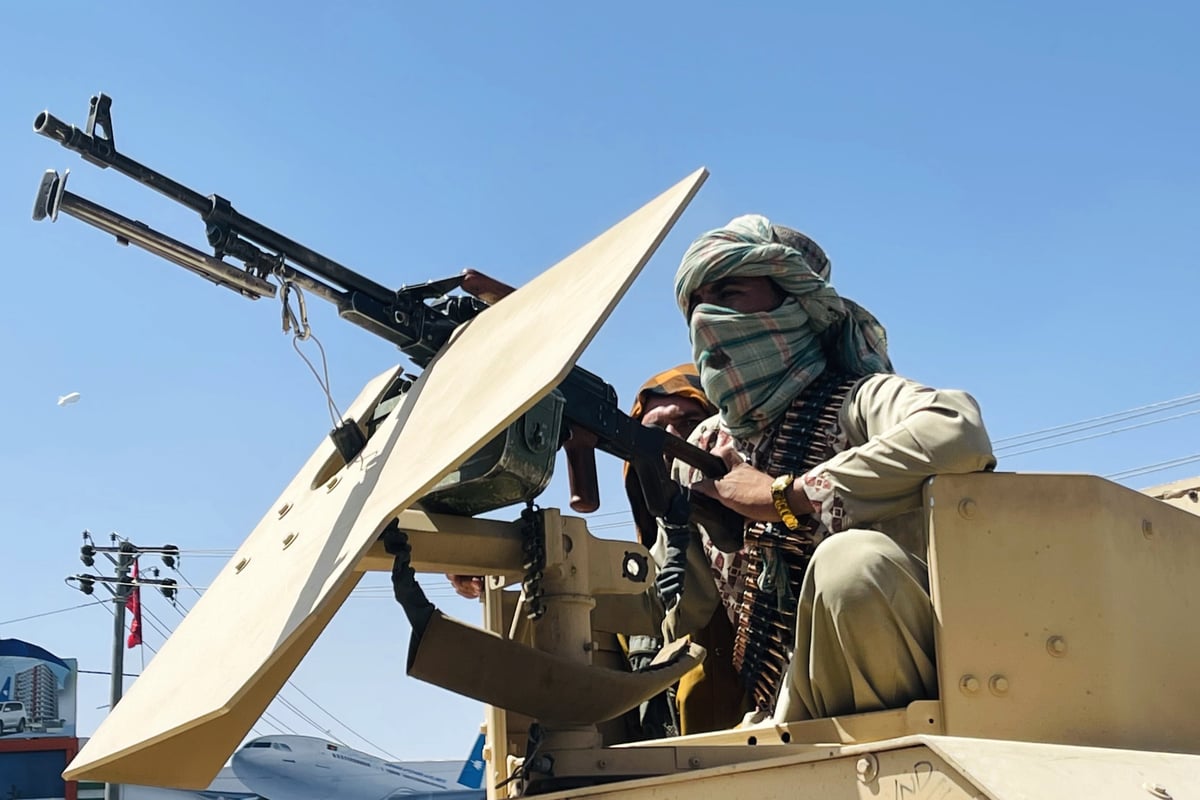
If the Taliban knock on Patrick’s* door, he has a plan.
“I've got a ladder to the top of the house,” he tells me while locked in his home near the city centre of Kabul where he lives with his Afghan wife and their one-year-old daughter.
“Once I get to the top, I will take the ladder with me and hide. I don’t think the Taliban would do any harm to my wife and daughter, because they are not foreigners. But I'm a target. I'm definitely a target in this country.”
Patrick is an Australian citizen. He travelled to Kabul, from Melbourne, two months ago because his mother-in-law passed away from COVID-19. Patrick’s wife was in Kabul by herself at the time.
“I really needed to be here to help her out,” Patrick explains.
What has happened since has simply blindsided them.
Listen to the latest episode of The Quicky, where the daily news podcast discusses the threat to women and girls in Afghanistan right now. Post continues after podcast.
In the past week, the Taliban has overthrown the democratic government of Afghanistan with shocking speed. On Sunday, the terrorist group moved into the capital of Kabul and the presidential palace, after the president fled the country. It comes after international troops, including from the USA and Australia, began withdrawing from Afghanistan in May after two decades of conflict, with very little progress in establishing a democratic country capable of standing on its own.
Patrick was at the bank when the worst news broke.
He was in a line with hundreds of people who, knowing the Taliban’s military offensive was escalating with unexpected swiftness, were all trying to ‘cash out’.



Top Comments